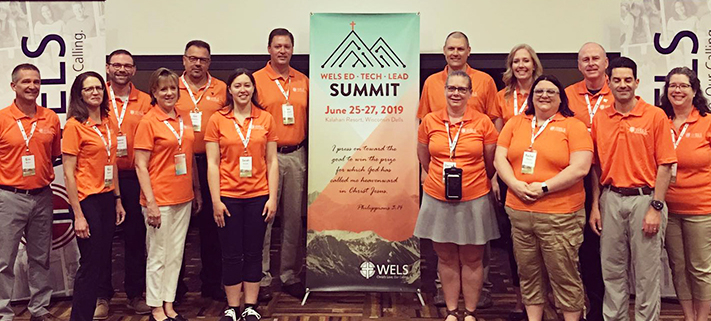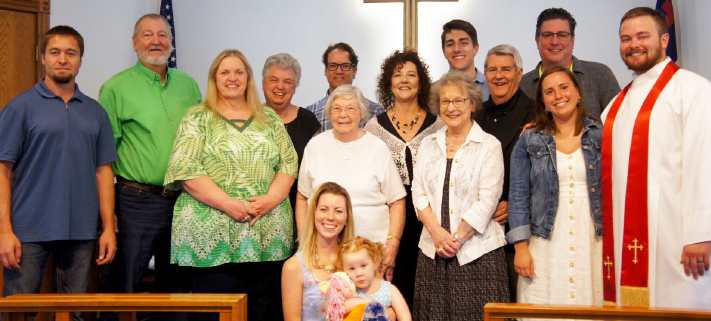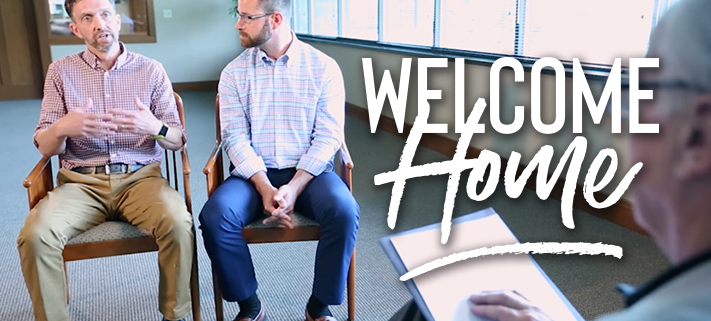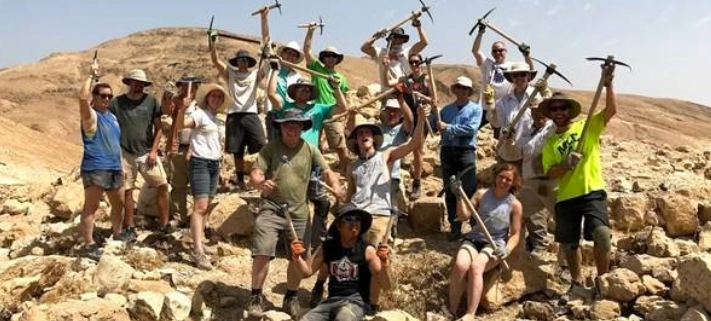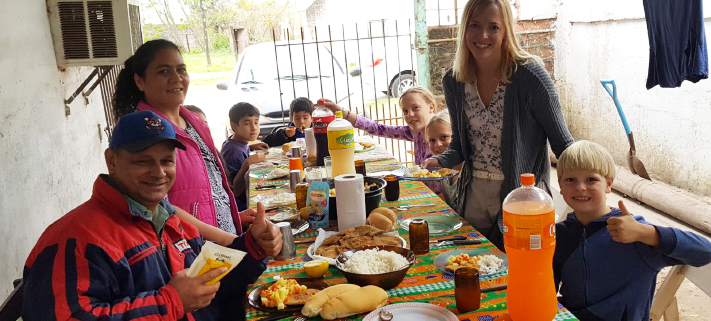The Lord, our shield
Glenn L. Schwanke
August 15–17, 1969. Woodstock. Over a half million people flocked to Max Yasgur’s 600-acre dairy farm in upstate New York. There they rocked to Joan Baez; the Grateful Dead; Janis Joplin; Crosby, Stills, Nash, and Young; and many more. Jimmy Hendrix’ electrifying guitar work wrapped up the event.
But Woodstock is remembered more for the shocking scenes captured in a 1970 Academy Award-winning documentary: sex, drugs, and rock ‘n roll. The three-day event became little more than a warped respite from the violent protests that were sweeping our nation—protests demanding an end to the war in Vietnam and unfair treatment of blacks as well as demanding full equality for women.
Many of the most violent protests were on college campuses. On May 15, 1969, at the University of California, Berkley, police and 2,700 National Guard troops used tear gas and shotguns in an effort to control the rioters. Then came May 4, 1970. Kent State. Four students were killed and another nine were injured while protesting the bombing of Cambodia by US forces.
Our nation was ripping apart. Yet, in the midst of this chaos, something incredible took place at Michigan Technological University (MTU).
At the beginning of the 1969 fall semester, a Michigan Tech freshman, Martin Jones of Woodruff, Wisconsin, reached out to Dr. J. Michael Skaates, a faculty member at Tech. Jones did not want to organize a protest but rather to get a group started for Bible study and worship. Jones knew that Dr. Skaates was a member of the National Church in Calumet and that Skaates had connections with the Wisconsin Synod.
Jones and Skaates received permission to check the religious preference cards on file in the Dean of Students’ Office. They identified 12 students as Wisconsin Synod members. Then they contacted and invited those students to an initial meeting on Oct. 14, 1969. Seven students came and arranged to meet regularly for Bible study. They organized as a chapter of “Lutheran Collegians,” the national WELS Student organization. Several months later, the Michigan Tech Dean of Students granted a charter to the group recognizing them as a student organization.
In the fledgling years of this campus ministry, communion services were held once a month in a Seventh-day Adventist building in Houghton. On other Sundays, students took a taxi up to Calumet for worship. Later, communion services were conducted in the front room of the Baptist Student Center in Houghton. By 1973, weekly worship
services were held on Sunday evenings at the Christian Science Building. Then on Dec. 3, 1978, the first worship service was held at the University Chapel, the campus ministry’s new home thanks to the efforts of the WELS General Board for Home Missions.
So much has changed since then! Yet, just like 1969, 2019 is rocked by protests in our nation. Today’s protests are over migrant issues, border protection, gender identity, or anger over “white privilege.” Our college campuses remain tinderboxes where issues explode, catching students in the cross-fire.
Thank God we still have campus ministries to serve students living through these turbulent times! Here in Houghton, we’re celebrating our 50th anniversary with the theme, “God’s Word Is Our Great Heritage.” We’ll have special services on Sept. 1, 2019; Oct. 27, 2019; and Feb. 9, 2020. We’d love to have you join us!
Whether you join us or not, please keep praying for WELS Campus Ministry, which is celebrating its 100th anniversary this year. Perhaps your prayer can mirror mine. “Father, steel Christians on campus with a faith that joyfully shouts David’s confession. ‘This God—his way is blameless. The speech of the LORD is pure. He is a shield for all who take refuge in him’ ” (Psalm 18:30 Evangelical Heritage Version).
Contributing editor Glenn Schwanke, pastor at Peace, Houghton, Michigan, also serves as campus pastor at Michigan Technological University.
SUBMIT YOUR STORY
Do you have a manuscript, idea, or story from your own life you’d like to share for use in Forward in Christ or on wels.net? Use our online form to share it to our editorial office for consideration.
SUBSCRIBE TO FORWARD IN CHRIST
Get inspirational stories, spiritual help, and synod news from Forward in Christ every month. Print and digital subscriptions are available from Northwestern Publishing House.
Author: Glenn L. Schwanke
Volume 106, Number 9
Issue: September 2019
Copyrighted by WELS Forward in Christ © 2021
Forward in Christ grants permission for any original article (not a reprint) to be printed for use in a WELS church, school, or organization, provided that it is distributed free and indicate Forward in Christ as the source. Images may not be reproduced except in the context of its article. Contact us


